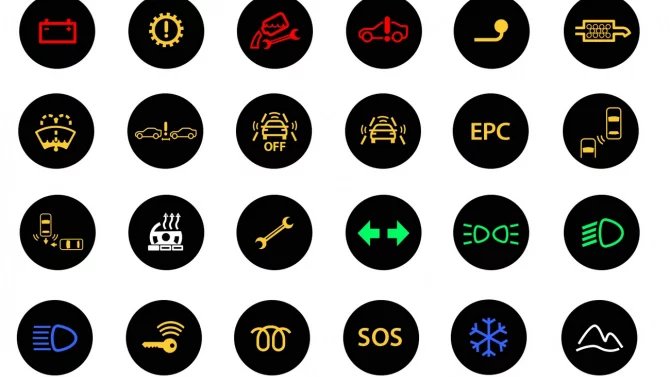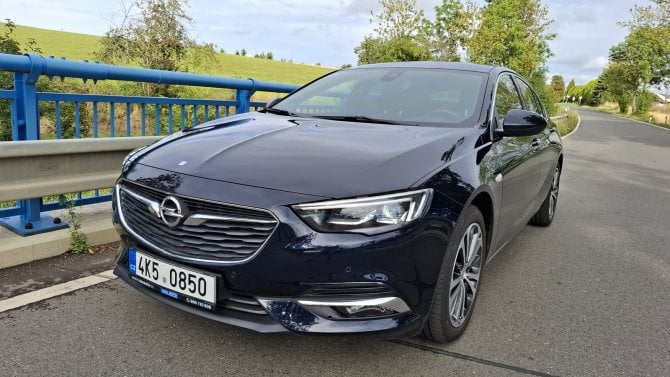...
By Carsten Lietz and Axel Bugge
BRUSSELS, June 21 (Reuters) - European Union leaders stuck to their positions on a new treaty to govern the 27-nation bloc at a summit on Thursday, and German Chancellor Angela Merkel said it was too soon to say if a deal could be reached.
Hopes for securing an agreement on reforms of the bloc's complex decision-making structures were still hanging in the balance over demands by Britain and Poland, diplomats said.
"They put forward their concerns but they said despite it all they wanted to get to a deal," Merkel, who is chairing the two-day summit, told reporters. "No one said they do not want to conclude tomorrow."
"There was broad agreement that we would make all necessary efforts to reach an agreement. Is that possible? It's not possible to say tonight," she said.
Merkel hopes to secure an agreement to launch negotiations on a new treaty to replace the EU constitution rejected by French and Dutch voters in 2005, and help the enlarged 27-nation Union function more smoothly.
Failure to agree could increase divisions in the EU by prompting a small group of states to press ahead with closer integration, leaving others behind, and making richer countries more reluctant to aid poorer newcomers.
Leaders' views were mixed after the first day of the summit.
"I think we are close to a conclusion," said Danish Prime Minister Anders Fogh Rasmussen.
"There have been no moves so I am a bit pessimistic," said Finnish Prime Minister Matti Vanhanen, adding the German presidency of the EU would make proposals on Friday in time for the next meeting of the leaders over lunch.
Chances of a deal after years of wrangling over the division of power between Brussels and member states seemed to rise this week after Poland softened its opposition to proposed changes in the voting system which it says would favour bigger states.
Italian Prime Minister Romano Prodi, French President Nicolas Sarkozy and Spanish Prime Minister Jose Luis Rodriguez Zapatero met before the main summit to back the German proposals, an Italian delegation source said.
But Warsaw has waged a fierce campaign, at times making references to its suffering under Nazi German occupation, and Prime Minister Tony Blair said Britain would sign up to a treaty only if four key demands were met.
"The four areas we have set down, we do need satisfied and we do need satisfied in full," Blair, at his last EU summit, said of British efforts to maintain sovereignty in foreign policy, justice, migration and human rights.
Blair put prospects for a deal to launch negotiations on a new treaty at only "touch and go". Polish Prime Minister Jaroslaw Kaczynski put the odds at 50-50. (additional reporting by Emmanuel Jarry, David Brunnstrom, Ingrid Melander, Gabriela Baczynska, Axel Bugge and Marcin Grajewski in Brussels)
Keywords: EU TREATY/




 Kdo nezvládne tento kvíz za plný počet, ten si dost možná auto zničí. Kontrolky jsou totiž základem komunikace mezi autem a řidičem
Kdo nezvládne tento kvíz za plný počet, ten si dost možná auto zničí. Kontrolky jsou totiž základem komunikace mezi autem a řidičem
 Nákup ojetiny jako rizikový podnik. Každá druhá ojetina ihned potřebuje nečekanou opravu za mnoho tisíc
Nákup ojetiny jako rizikový podnik. Každá druhá ojetina ihned potřebuje nečekanou opravu za mnoho tisíc
 Na český trh vstoupil další elektromobil, který má ambice nahradit Golf nebo Octavii. EV4 ujede přes 600 km a stojí pod milion
Na český trh vstoupil další elektromobil, který má ambice nahradit Golf nebo Octavii. EV4 ujede přes 600 km a stojí pod milion
 V Evropě se objevil návrh na to, jak od elektromobilistů vybrat peníze, když neplatí daně z paliva. Zdanit se má soukromé nabíjení i ujeté kilometry
V Evropě se objevil návrh na to, jak od elektromobilistů vybrat peníze, když neplatí daně z paliva. Zdanit se má soukromé nabíjení i ujeté kilometry
 Test Citroen C3 Aircross: Na velikosti záleží
Test Citroen C3 Aircross: Na velikosti záleží
